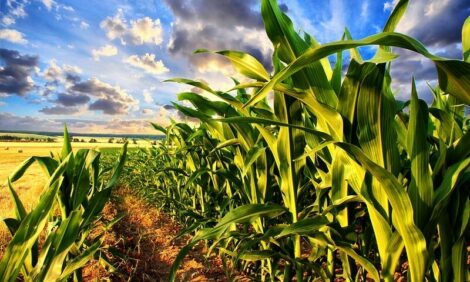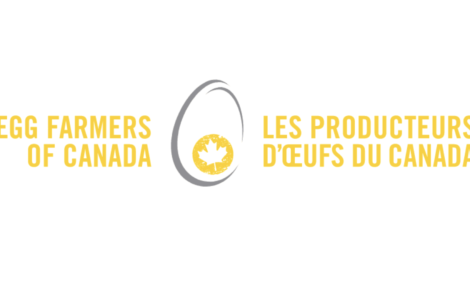



Woolworths Cuts Cage-Egg Lines
AUSTRALIA - Supermarket giant, Woolworths, is cutting down on the number of brands of cage eggs.The days of the caged egg are numbered as one of the country's largest retailers signals a revolutionary shift away from an industry struggling to shed perceptions of cruelty, reports news.com of Australia.
It says Adelaide Advertiser reports that Woolworths will cut the number of cage-egg brands it sells from 15 to 11, including one of its own that makes up five per cent of its sales.
It has 28 barn-laid and free-range brands on its shelves. The move is expected to speed up a consumer-driven switch to free-range and barn-laid products that has led to cage eggs losing market share of 1.5 per cent a year across the country since 2000.
Woolworths fresh food general manager, Michael Batycki, believes the move will mean more competitive prices, allowing price-conscious shoppers to switch from caged eggs.
He said: "[Our decision] will influence our suppliers and may generate a faster rate of change [to barn-laid and free-range] and that's good," he said. The industry "may very well go down (the) path" eventually of not using cages at all.
The Australian Egg Corporation (AEC) agrees that prices for free-range and barn-laid will fall if demand rises but that they will never reach the low prices – up to $4 a dozen less – of cage eggs.
For that reason, AEC general manager James Kellaway told news.com that word of the cage industry's demise was premature. About 80 per cent of the 13 million laying hens in Australia are kept in cages.
The market share of free-range and barn-laid eggs has almost doubled in eight years, growing from 17 per cent in 2000 to 31 per cent last year.
South Australia Farmers Federation poultry committee chairman, Warren Starick, said the local industry – about 30 farmers – had dramatically reduced its production in the past decade because of the caged egg issue.
"The SA industry has moved to larger cages since 2008 and the industry is down to about 350,000 hens," he said. "A growing percentage of those would be free-range and we'd still have about 200,000 in cages."
Mr Starick said interstate cage eggs were flooding South Australia.











